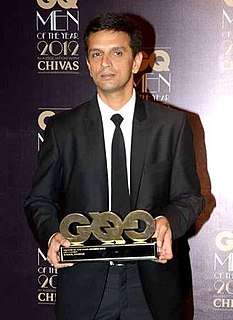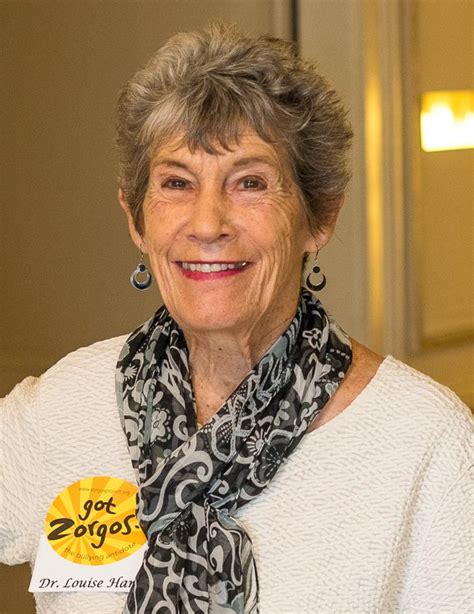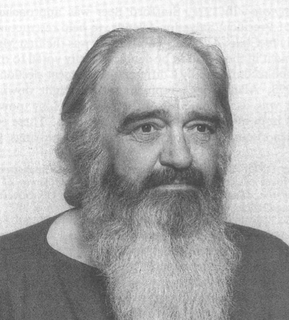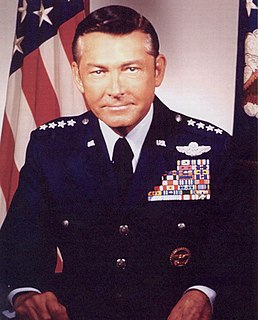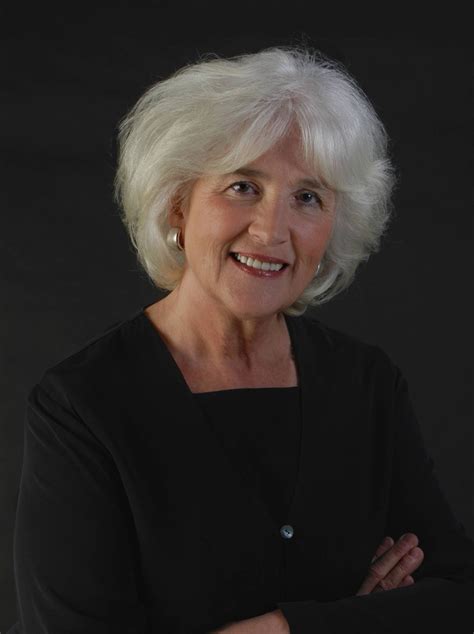A Quote by Alfie Kohn
Some who support [more] coercive strategies assume that children will run wild if they are not controlled. However, the children for whom this is true typically turn out to be those accustomed to being controlled— those who are not trusted, given explanations, encouraged to think for themselves, helped to develop and internalize good values, and so on. Control breeds the need for more control, which is used to justify the use of control.
Related Quotes
I do not think it is any benefit for artists or fans to have all the new, wide distribution channels in the online world controlled by those who have controlled the old, narrower ones, .. This is especially true if they achieve that control by leveraging their dominance in content or conduit space in an anticompetitive way to control the new, independent music services that are attempting to enhance the consumer's experience of music.
The spiritual in my art is giving up control. My paintings are based on what I can do, and what I can do is not controlled. So I give up control, and that's the spiritual aspect of the work - taking what comes and relinquishing control. Although they look very controlled, they're really not, because it's all poured paint.
Children who are not encouraged to do, to try, to explore, to master, and to risk failure, often feel helpless and inadequate. Over-controlled by anxious, fearful parents, these children often become anxious and fearful themselves. This makes it difficult for them to mature. Many never outgrow the need for ongoing parental guidance and control. As a result, their parents continue to invade, manipulate, and frequently dominate their lives.
We need a program of psychosurgery for political control of our society. The purpose is physical control of the mind. Everyone who deviates from the given norm can be surgically mutilated. ... The individual may think that the most important reality is his own existence, but this is only his personal point of view. This lacks historical perspective. Man does not have the right to develop his own mind. This kind of liberal orientation has great appeal. We must electronically control the brain. Someday armies and generals will be controlled by electric stimulation of the brain.
In healthy families, children discover (through being listened to) that what they have to say is important and that their experiences and ideas (and they themselves) have worth. They are encouraged to think for themselves, express opinions, and make decisions for themselves. Parents supporting them in standing on their own two feet and doing what they think is right. Trusting and gaining confidence in themselves, they develop an inner locus of control.
We are still in various kinds of patriarchal systems. The very definition of patriarchy is that men control women as the means of reproduction, so the idea that a woman's main role is to have children often means society wants more workers, more soldiers. The idea that how many children we have should be controlled by the family, the church, the nation - by anyone but women themselves - is still very deep and very strong.
Your connection to other people keeps you human, and that connection, staying human - that's what you have against control. It's like if somebody is being controlled by their job, the connection is to their family. And if they stay connected to those people, the job will never really have control over them.
Of these three words, direction, control, and guidance, the last best conveys the idea of assisting through cooperation the natural capacities of the individuals guided; control conveys rather the notion of an energy brought to bear from without and meeting some resistance from the one controlled; direction is a more neutral term and suggests the fact that the active tendencies of those directed are led in a certain continuous course, instead of dispersing aimlessly.
According to the science of cybernetics, which deals with the topic of control in every kind of system (mechanical, electronic, biological, human, economic, and so on), there is a natural law that governs the capacity of a control system to work. It says that the control must be capable of generating as much "variety" as the situation to be controlled.
Many people believe that decentralization means loss of control. That's simply not true. You can improve control if you look at control as the control of events and not people. Then, the more people you have controlling events - the more people you have that care about controlling the events, the more people you have proactively working to create favorable events - the more control you have within the organization, by definition.
The other effect that I worry about is the effect on the parent, that the moral teaching of humility and of the limits to our control that parenthood teaches- - that that will be lost and that we will begin to think of children more as consumer goods than as gifts that we can't fully control and for which we aren't fully responsible.






